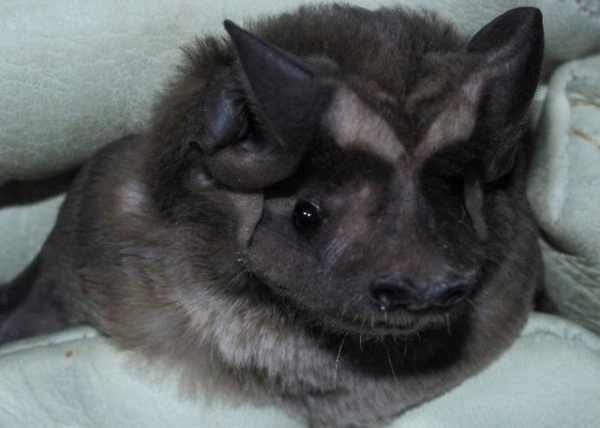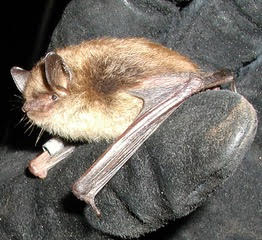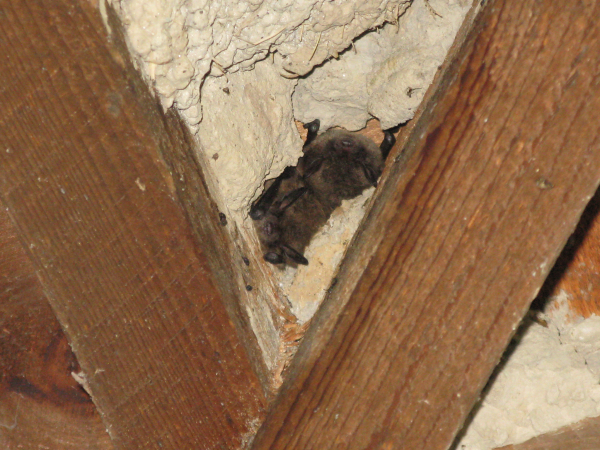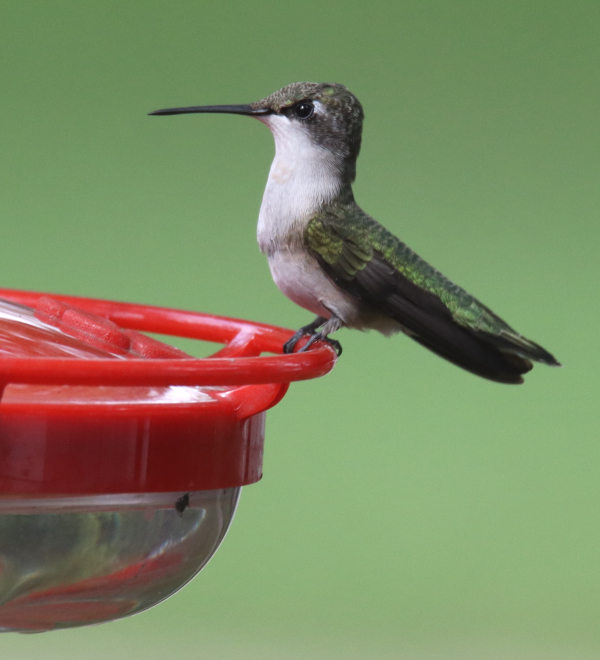It’s Bat Week! Show these habitat helpers some TLC
Without question, bats are one of nature’s most fascinating and misunderstood creatures. Despite their small size, they are also one of the longest-lived mammals in our region, with some recorded as old as 31 years!
Michigan is home to nine species of bats, all of which are insectivores. Their membranous wings, unique to bats, have a completely different structure than that of birds or insects. Although we rarely see them, bats are hard at work all around the world each night – eating insects, pollinating flowers and spreading seeds that grow new plants and trees.
These little creatures, so vital to healthy habitats, deserve some recognition! Join us and our conservation partners during Bat Week, Oct. 24-31, to celebrate all the good that bats do and discover ways we can give them a boost. Follow along with activities and events at BatWeek.org.
- Leave your leaves to help local insects over winter – curious why? Read this Showcasing the DNR story!
- Plant a bat-friendly garden with native Michigan species to reduce use of insecticides.
- Remove invasive species that threaten native plant populations.
- Install a bat house in a location not frequented by people.
- Help reduce the spread of white-nose syndrome by not entering closed mines and following decontamination guidelines for shoes, clothes and gear.
Bats are important members of Michigan’s ecosystems, but, unfortunately, many species are in decline from serious threats like white-nose syndrome. It’s a deadly disease that affects North American bats primarily during their winter hibernation. Infected bats wake up early from hibernation, rapidly deplete their fat reserves and are unable to survive the winter.
Bats with this syndrome often exhibit unusual behavior, like flying during daylight hours or gathering outside of caves in cold weather. Awareness is key to monitoring and better understanding diseases such as WNS. Please report suspect bats or other observed sick or dead wildlife through the DNR’s Eyes in the Field app.
Questions about bats? Contact the DNR Wildlife Division at
.





